#Jorge Amado
Text

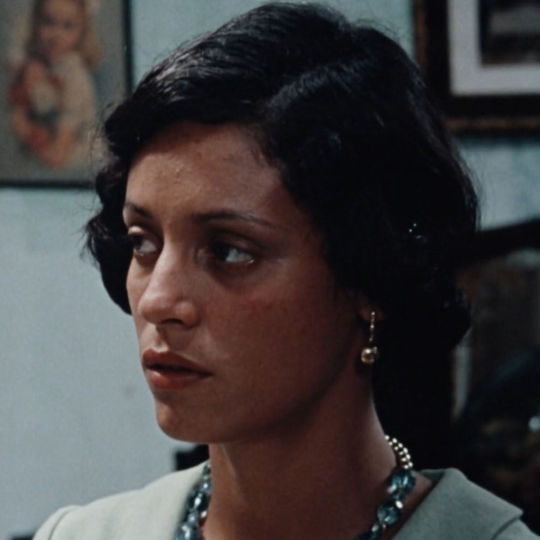





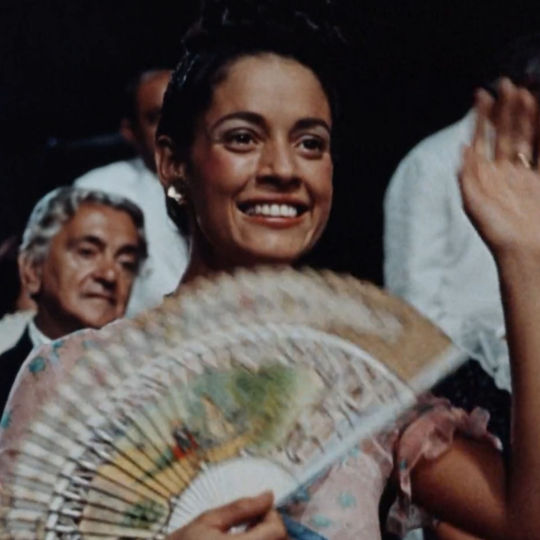

sônia braga em dona flor e seus dois maridos, 1976.
#icons#random icons#brazil#filmes nacionais#brazil icons#70s icons#70s aesthetic#70s#sonia braga icons#sonia braga#jorge amado#dona flor e seus dois maridos
48 notes
·
View notes
Photo




sônia braga in gabriela, dir. bruno barreto
1983
#upload#sonia braga#gabriela cravo e canela#gabriela clove and cinnamon#jorge amado#bruno barreto#cinema nacional#brazilian cinema
754 notes
·
View notes
Text

#livros#frases#trechos de livros#poesia#trechos#books & libraries#Gabriela Cravo e Canela#jorge amado#literatura nacional
28 notes
·
View notes
Text
O amor não se prova, nem se mede.
É como Gabriela.
Existe, isso basta (…)
Jorge Amado - Gabriela Cravo e Canela
#jorge amado#gabriela cravo e canela#literatura#literatura brasileira#literatura nacional#cultura brasileira#brasilidades#poesia#poesia brasileira#poesia nacional#escritores#escritores brasileiros#cita#citas#citação#citações#trechos#trechos de livros#amor#escritos#citas de livros#frases de amor#textos#fragmentos#fragmentos poéticos#textos de amor#trechos de amor#brasilidade#livros brasileiros#jorgeamado
43 notes
·
View notes
Text


Jorge Amado's darkroom - Salvador, 2023
#travel#brazil#bahia#original photographers#photographers on tumblr#interior photography#jorge amado#darkroom#film photography#b&w photography#monochrome#black & white
19 notes
·
View notes
Text
"O amor não se prova, nem se mede. É como Gabriela. Existe, isso basta. (...) O fato de não se compreender ou explicar uma coisa não acaba com ela. Nada sei das estrelas, mas as vejo no céu, são a beleza da noite."
— Gabriela, Cravo e Canela (1958), Jorge Amado
9 notes
·
View notes
Text
Dona Flor from Dona Flor and Her Two Husbands invented the recipe blog long eyebrow raising story told before getting to the food
32 notes
·
View notes
Text
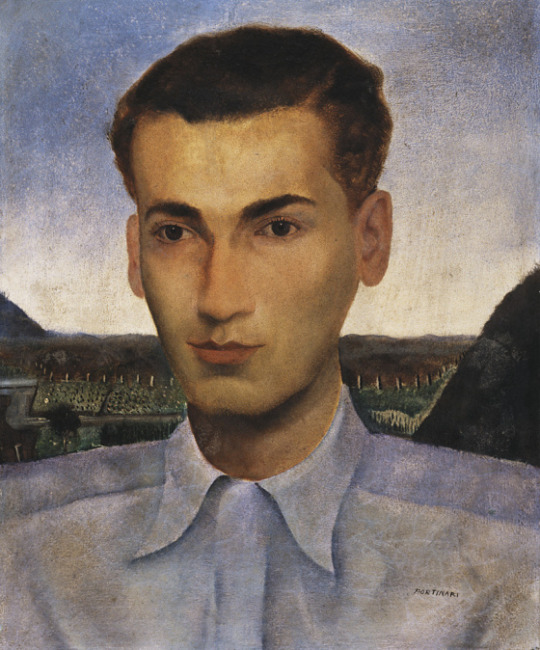
Cândido Portinari. Jorge Amado. Brazilian writer - Jorge Amado, 1934.
Кандиду Портинари. Жоржи Амаду, 1934.
48 notes
·
View notes
Text
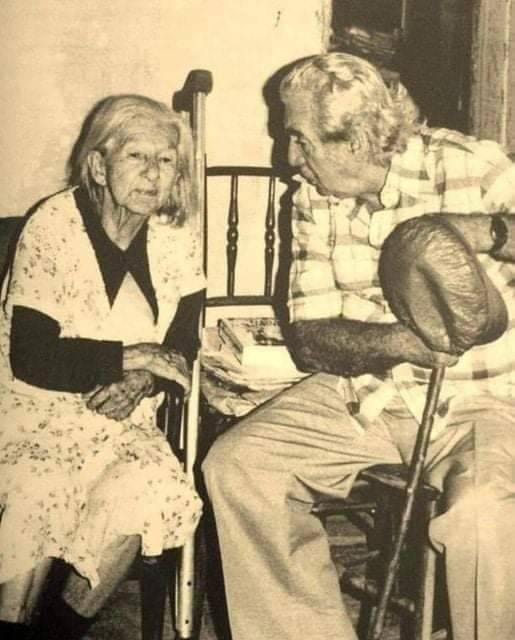
Jorge Amado visita a poetisa Cora Coralina em sua modesta e antiga casa em Goiás Velho, que se tornou uma Casa-Museu, aberto à visitação.
Facebook: Leituras Livres
13 notes
·
View notes
Text

Hello everyone! This month I'm bringing back the "A Trip To..." series. Last time we went on a trip to Ireland, and this time we're going to Brazil! This is a list full of novels that take place in Brazil, and are written by Brazilian writers. Thank you so much to someone who suggested this to me in our last survey.
As always, don't forget to vote for our next book using the link at the bottom of the post. Onto the books!
Blood-Drenched Beard, by Daniel Galera and translated by Alison Entrekin

—So why did they kill him?
—I’m getting there. Patience, tchê. I wanted to give you the context. Because it’s a good story, isn’t it?
A young man’s father, close to death, reveals to his son the true story of his grandfather’s death, or at least the truth as he knows it. The mean old gaucho was murdered by some fellow villagers in Garopaba, a sleepy town on the Atlantic now famous for its surfing and fishing. It was almost an execution, vigilante style. Or so the story goes.
It is almost as if his father has given the young man a deathbed challenge. He has no strong ties to home, he is ready for a change, and he loves the seaside and is a great ocean swimmer, so he strikes out for Garopaba, without even being quite sure why. He finds an apartment by the water and builds a simple new life, taking his father’s old dog as a companion. He swims in the sea every day, makes a few friends, enters into a relationship, begins to make inquiries.
But information doesn’t come easily. A rare neurological condition means that he doesn’t recognize the faces of people he’s met, leading frequently to awkwardness and occasionally to hostility. And the people who know about his grandfather seem fearful, even haunted. Life becomes complicated in Garopaba until it becomes downright dangerous.
Spilt Milk, by Chico Buarque and translated by Alison Entrekin
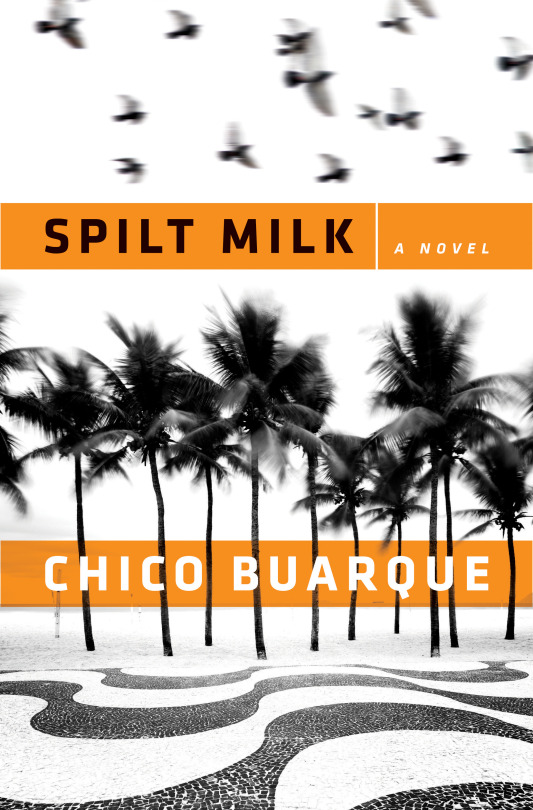
As Eulalio Assumpcao lies dying in a Brazilian public hospital, his daughter and the attending nurses are treated--whether they like it or not--to his last, rambling monologue. Ribald, hectoring, and occasionally delusional, Eulalio reflects on his past, present, and future--on his privileged, plantation-owning family; his father's philandering with beautiful French whores; his own half-hearted career as a weapons dealer; the eventual decline of the family fortune; and his passionate courtship of the wife who would later abandon him. As Eulalio wanders the sinuous twists and turns of his own fragmented memories, Buarque conjures up a brilliantly evocative portrait of a man's life and love, set in the broad sweep of vivid Brazilian history.
The Hour of the Star, by Clarice Lispector translated by Benjamin Moser
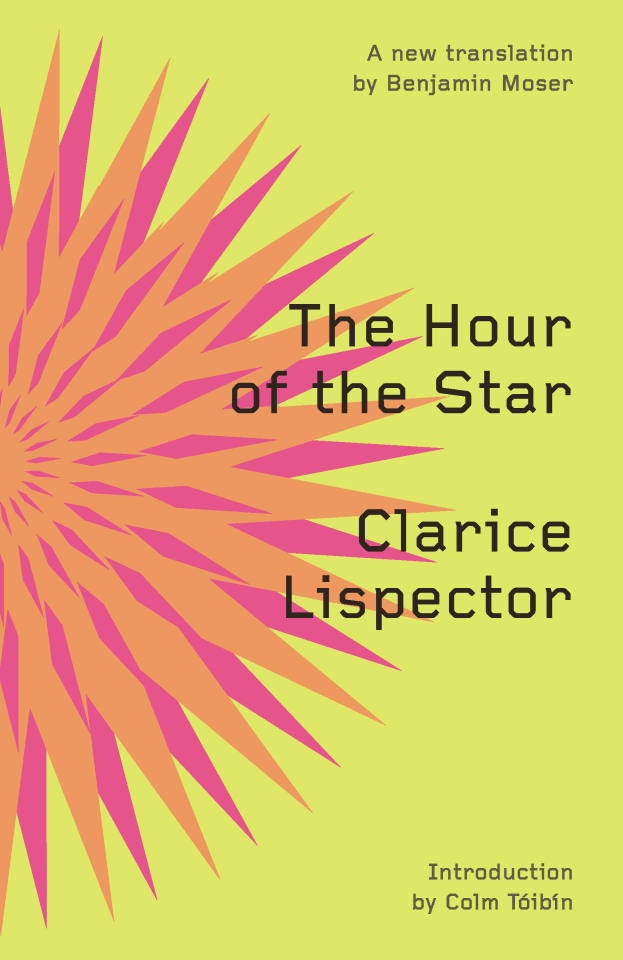
Narrated by the cosmopolitan Rodrigo S.M., this brief, strange, and haunting tale is the story of Macabéa, one of life's unfortunates. Living in the slums of Rio and eking out a poor living as a typist, Macabéa loves movies, Coca-Colas, and her rat of a boyfriend; she would like to be like Marilyn Monroe, but she is ugly, underfed, sickly and unloved. Rodrigo recoils from her wretchedness, and yet he cannot avoid the realization that for all her outward misery, Macabéa is inwardly free/She doesn't seem to know how unhappy she should be. Lispector employs her pathetic heroine against her urbane, empty narrator—edge of despair to edge of despair—and, working them like a pair of scissors, she cuts away the reader's preconceived notions about poverty, identity, love and the art of fiction.
Captains of the Sand, by Jorge Amado translated by Gregory Rabassa

They call themselves “Captains of the Sands,” a gang of orphans and runaways who live by their wits and daring in the torrid slums and sleazy back alleys of Bahia. Led by fifteen-year-old “Bullet,” the band—including a crafty liar named “Legless,” the intellectual “Professor,” and the sexually precocious “Cat”—pulls off heists and escapades against the right and privileged of Brazil. But when a public outcry demands the capture of the “little criminals,” the fate of these children becomes a poignant, intensely moving drama of love and freedom in a shackled land.
The Posthumous Memoirs of Brás Cubas, by Machado De Assis and translated by Flora Thompson-DeVeaux
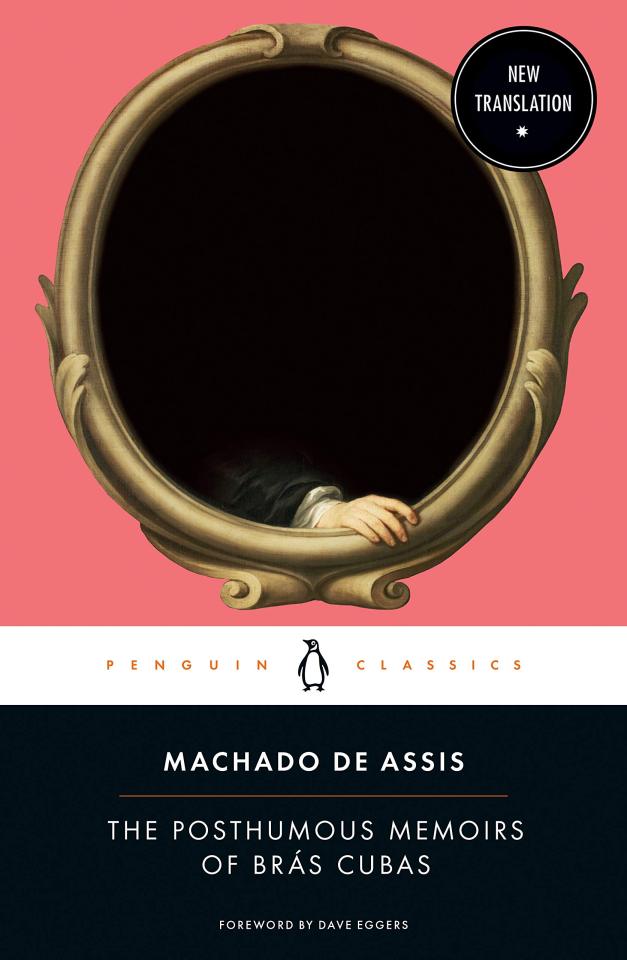
The ghost of a decadent and disagreeable aristocrat decides to write his memoir. He dedicates it to the worms gnawing at his corpse and tells of his failed romances and halfhearted political ambitions, serves up harebrained philosophies, and complains with gusto from the depths of his grave. Wildly imaginative, wickedly witty, and ahead of its time, the novel has been compared to the work of everyone from Cervantes to Sterne to Joyce to Nabokov to Borges to Calvino, and has influenced generations of writers around the world.
Please vote for our next book here.
#book list#Brazil#Brazilian literature#blood-drenched beard#daniel galera#spilt milk#chico baurque#the house of little stars#clarice lispector#captains of the sand#jorge amado#the posthumous memoirs of bras cubas#machado de assis
36 notes
·
View notes
Text
“Então a luz da lua se estendeu sobre todos, as estrelas brilharam ainda mais no céu, o mar ficou de todo manso talvez que Yemanjá tivesse vindo também ouvir a música e a cidade era como que um grande carrossel onde giravam em invisíveis cavalos os Capitães da Areia. Neste momento de música eles sentiram-se donos da cidade. E amaram-se uns aos outros, se sentiram irmãos porque eram todos eles sem carinho e sem conforto e agora tinham o carinho e conforto da música. Volta Seca não pensava com certeza em Lampião neste momento. Pedro Bala não pensava em ser um dia o chefe de todos os malandros da cidade. O Sem-Pernas em se jogar no mar, onde os sonhos são todos belos. Porque a música saía do bojo do velho carrossel só para eles e para o operário que parara. E era uma unidade valsa velha e triste, já esquecida por todos os homens da cidade.”
— Capitães da Areia, Jorge Amado
#jorge amado#capitaes da areia#bookblr#literature#citacoes#books and libraries#classic books#classic lit#livros#literatura#literatura brasileira#brazilian literature#book quotes#trecho de livro#livro nacional#citação de livro#meus
12 notes
·
View notes
Text









gabriela cravo e canela, 1983.
#gabriela cravo e canela#sonia braga#sonia braga icons#icons#random icons#random#filmes nacionais#brazil#brazil icons#jorge amado
30 notes
·
View notes
Photo



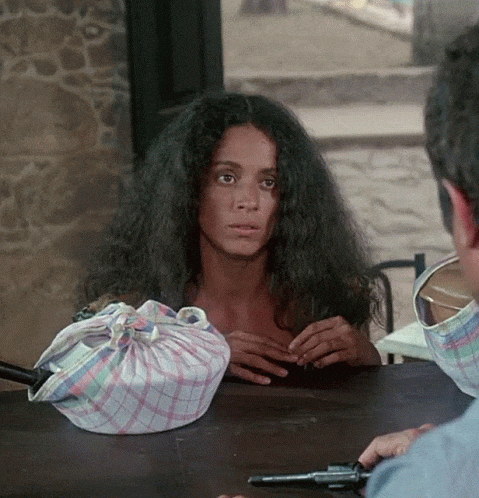
sônia braga in gabriela, dir. bruno barreto
1983
#upload#sonia braga#gabriela cravo e canela#gabriela clove and cinnamon#jorge amado#bruno barreto#cinema nacional#brazilian cinema
178 notes
·
View notes
Photo

Ilustração do romance Dona Flor e seus Dois Maridos, de Jorge Amado
#jorge amado#dona flor#dona flor e seus dois maridos#brasil#brazilian#brazil#literatura#literatura brasileira#vadinho#carnaval#carnaval de rua#bahia de todos os santos#escritores brasileiros#livro brasileiro#livro#leitura
44 notes
·
View notes
Text

• Jorge Amado - Capitães da Areia, 1937.
#jorge amado#capitães da areia#literatura#literatura brasileira#literatura nacional#poesia#poesia brasileira#poesia nacional#brasilidades#brasilidade#cultura brasileira#cita#citas#citação#citações#citas de livros#trechos#trechos de livros#quotes#quotes de livros#escritores#escritores brasileiros#escritores nacionais#Brasil#poetas#poetas brasileiros#poetas nacionais#amor#cultura nordestina#bahia
74 notes
·
View notes
